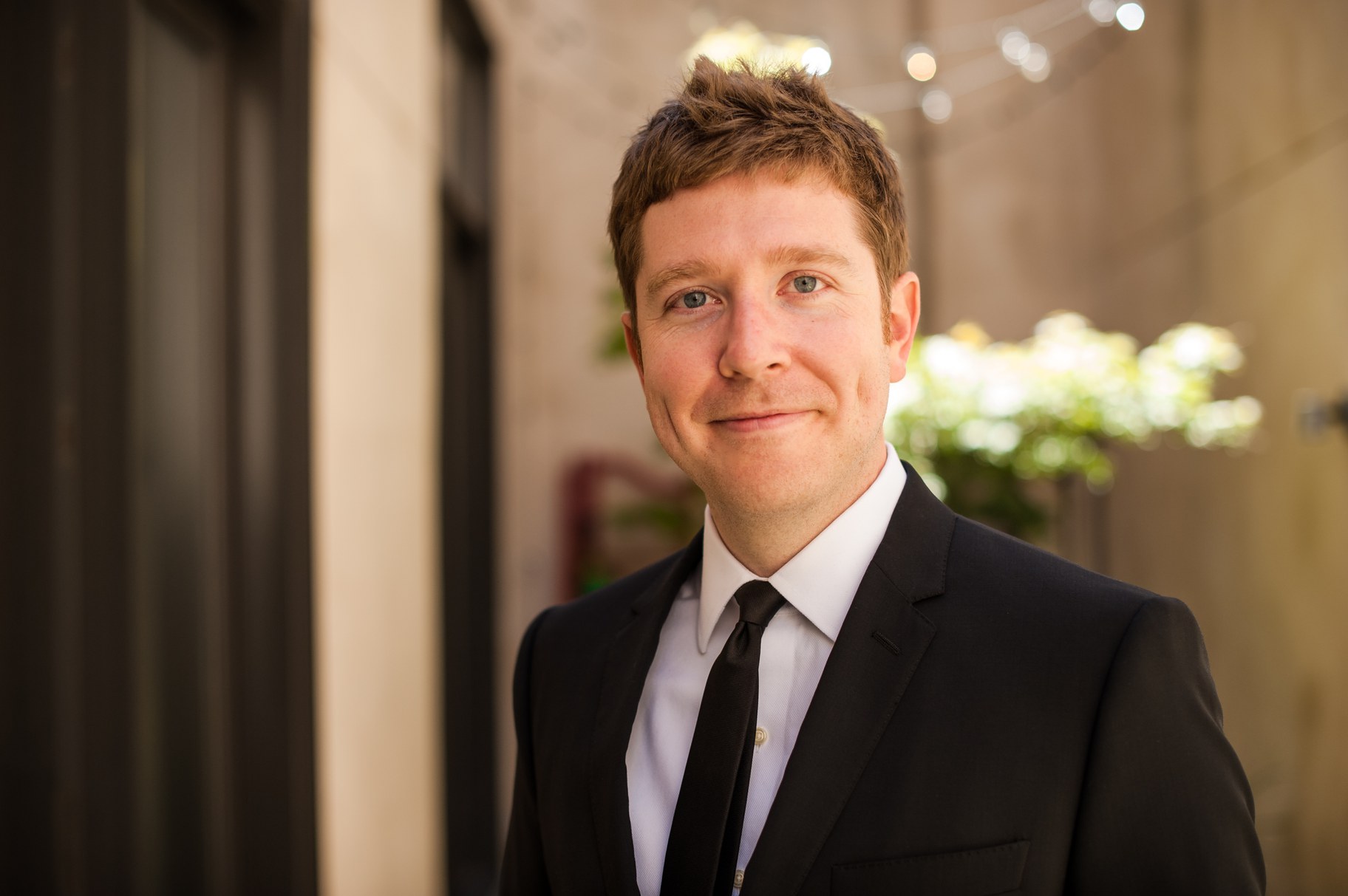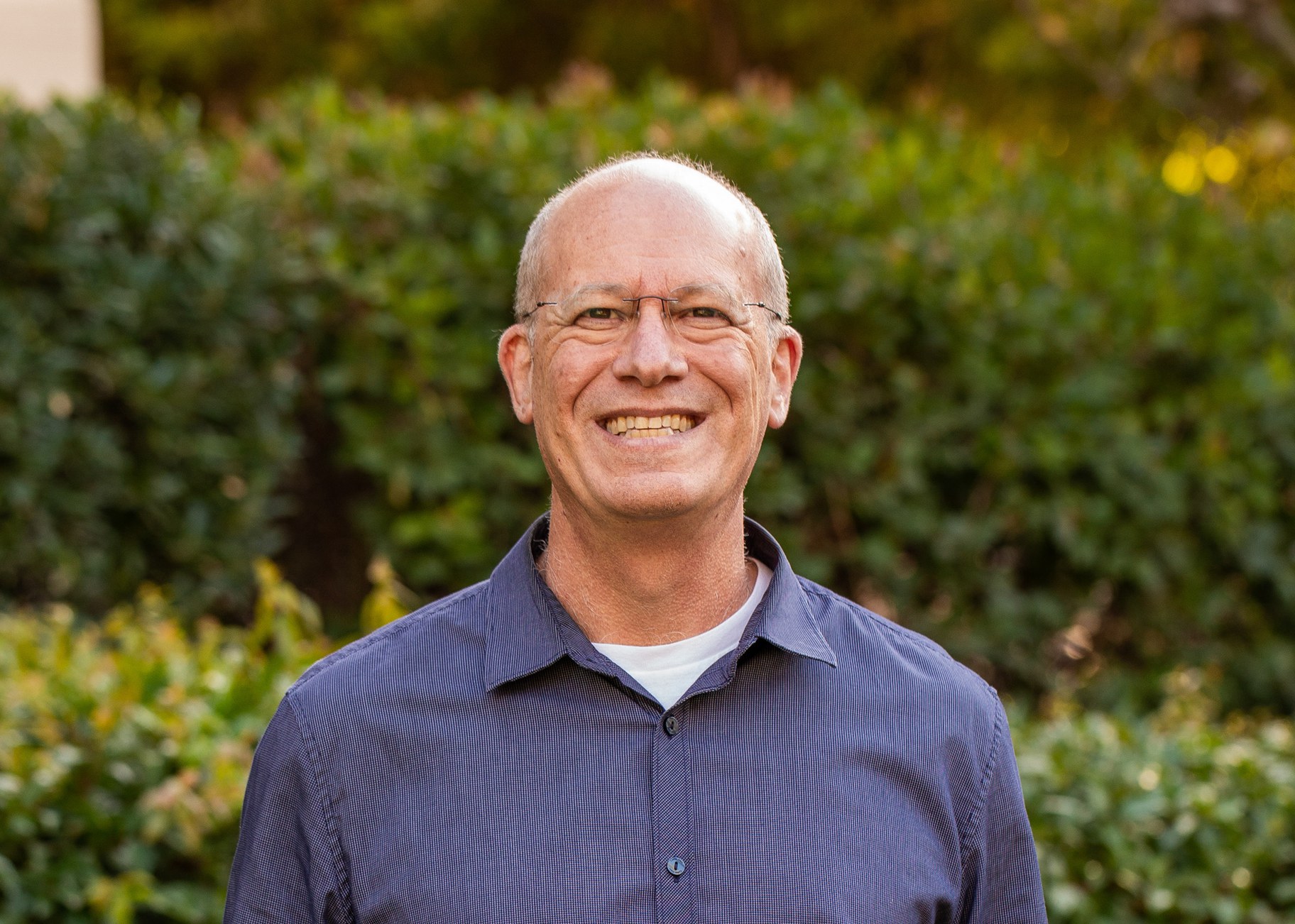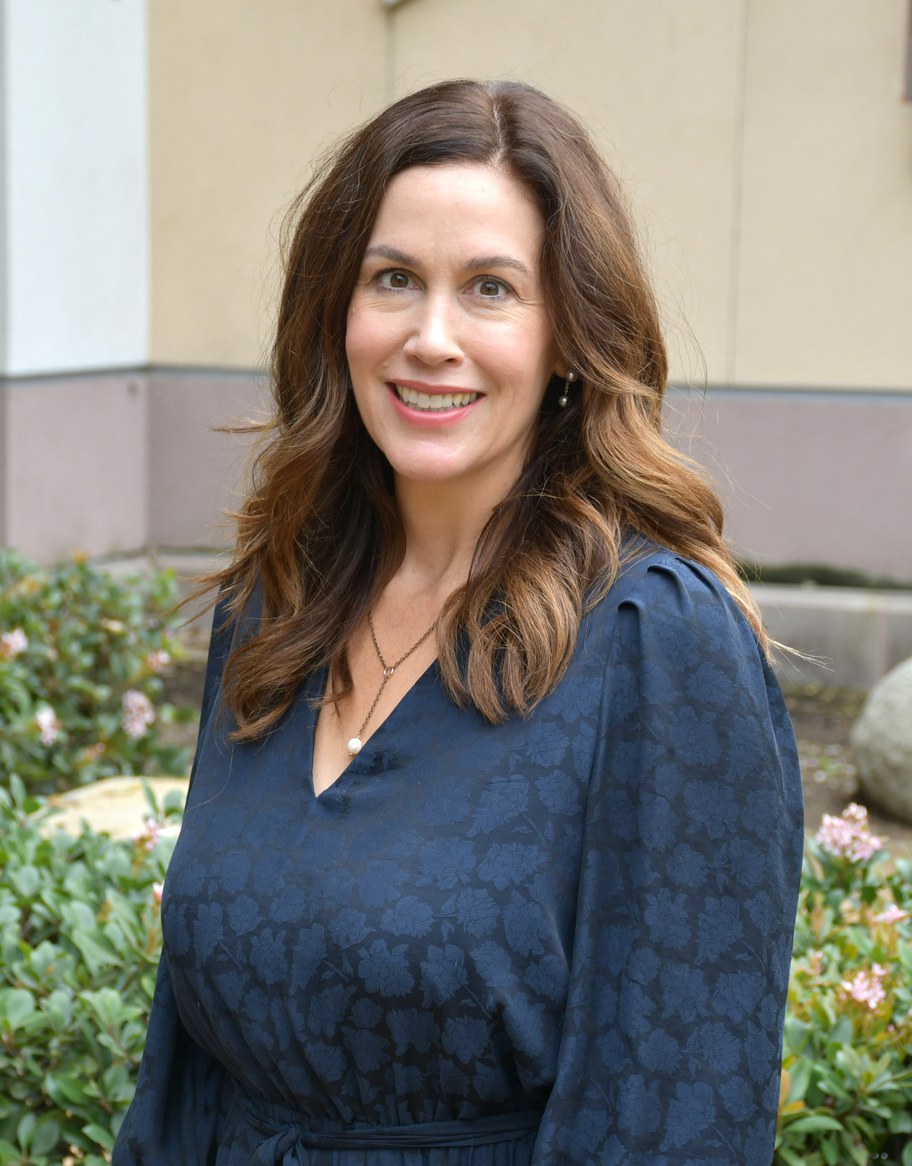Jonathan Bastian talks with Adam Benforado, professor of law at the Drexel University Kline School of Law and author of “A Minor Revolution: How Prioritizing Kids Benefits Us All” in which he outlines why it’s not just a moral obligation to put children first but also an economic and social obligation.
“For policymakers and legislators, to think about kids, not simply in areas where I think kids are front and center, for example extending health insurance that would cover kids, but in areas where there's a big impact but it's kind of hidden,”says Benforfado. “For example on energy policy or on minimum wage. Adopting a child first perspective, requires some new little nudges, to get people to notice how kids are affected by everything that we do.”

“As a society, you always bear the cost of addressing societal problems,” says Adam Benforado. “And the only question is do you want to pay for preschools, health care for infants and children or do you want to pay for prisons and triple bypasses down the line?” Photo by Joe Craig
Bastian also speaks to John Rogers, professor at the Graduate School of Education and Information Studies at UCLA ,director of UCLA’s Institute for Democracy, Education, and Access and coauthor of “Learning Power: Organizing for Education and Justice.’ Rogers says recent national research in which public school administrators and educators were polled showed abandonment of civil public discourse and a marked increase in violence, exclusionary and hostile rhetoric mostly from parents.
“School board meetings in which members of the community came in armed, in which members of the community made threats to school board members during the meetings, in which parents or community members threatened educators in interactions via emails that has deep effect on the willingness of educators to support young people,” explains Rogers.

“Toni Morrison's work has been challenged. The movies that lift up experiences of African Americans have been challenged. Students who are gay and lesbian have found that members of the local community have been challenging whether or not the schools should provide them with their rights to be themselves in local public schools.” says John Rogers. Photo courtesy of John Rogers
Later, Bastian discusses the impact of trauma and stress on school-aged children and asks about the short and long-term psychological consequences of trauma with Erika Felix, professor of Clinical Psychology at the University of California, Santa Barbara. Felix offers some reassurance that “our mind and our body have a huge capacity to heal and to be resilient and we want to make sure we allow space and time and the social connections for people to be able to do that.”
However Felix also says “students are showing poorer mental health then they have in years past.” “We all have higher levels of stress related to mass shootings in the United States across generations, but especially the youngest generation,” and that “the normal stressors that we have had for generations, those haven’t disappeared.”

“It's very normal to have sadness, worry, fear, anger, but it's also very normal to have a numbing of emotions.” says Erika Felix on how kids process trauma. Photo by George Yatchisin
Delve deeper into life, philosophy, and what makes us human by joining the Life Examined discussion group on Facebook.
